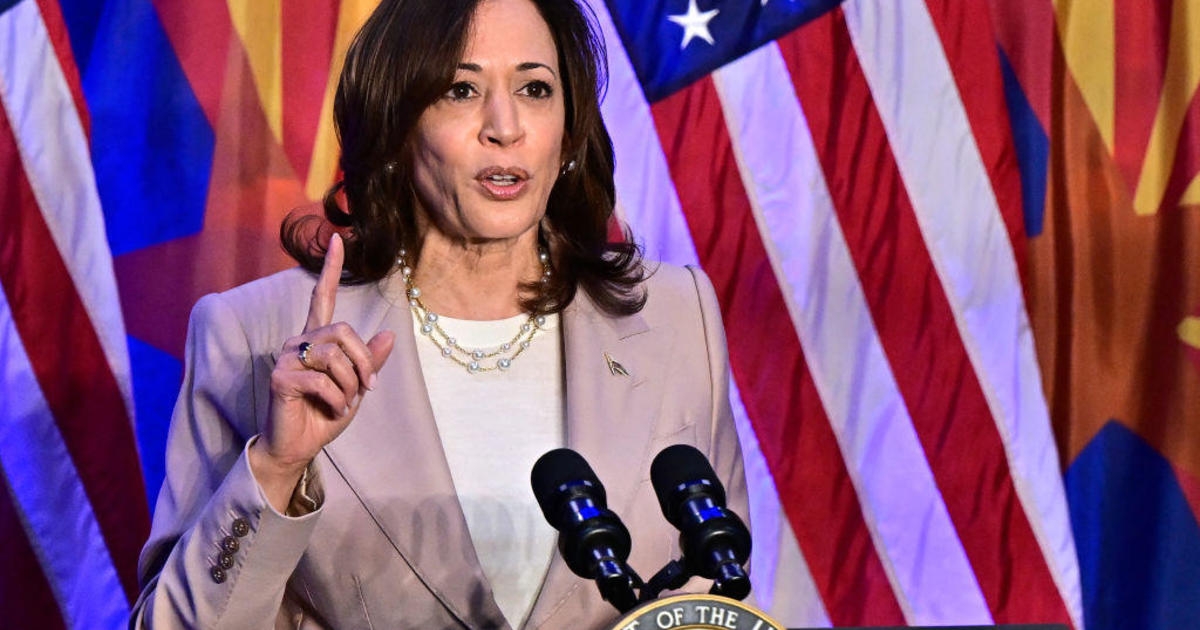Trump administration overhauls protections for endangered species
The Trump administration on Monday rolled out some of the broadest changes in decades to enforcement of the landmark Endangered Species Act, allowing the government to put an economic cost on saving a species and other changes critics contend could speed extinction for some struggling plants and animals.
The changes included allowing economic cost to taken into account as the federal government weighs protecting a struggling species, although Congress has stipulated that economic costs not be a factor in deciding whether to protect an animal. That prohibition is meant to ensure that the logging industry, for example, would not be able to push to block protections on economic grounds for a forest-dwelling animal.
Other changes include ending blanket protections for species newly listed as threatened and a revision that conservation groups say could block officials from considering the impact on wildlife from climate change, a major and growing threat to many species.
Interior Secretary David Bernhardt and other administration officials contend the changes improve efficiency of oversight, while protecting rare species.
"The best way to uphold the Endangered Species Act is to do everything we can to ensure it remains effective in achieving its ultimate goal — recovery of our rarest species," Bernhardt said. "An effectively administered Act ensures more resources can go where they will do the most good: on-the-ground conservation."
The Endangered Species Act is credited with helping save the bald eagle, California condor and scores of other animals and plants from extinction since President Richard Nixon signed it into law in 1973. The Endangered Species Act currently protects more than 1,600 species in the United States and its territories. Republicans have long sought to overhaul the law.
Gary Frazer, an assistant director at the U.S. Fish and Wildlife Service, told reporters that the government would adhere to the law by disclosing the costs to the public, without being a factor for the officials considering the protections.
"Nothing in here in my view is a radical change for how we have been consulting and listing species for the last decade or so," Frazer said. Instead, he said, it brings "more transparency and certainty to the public about the way we'll carry out our job."
Republican Sen. Kevin Cramer, the chairman of the Senate Environment and Public Works Subcommittee on Fisheries, Water and Wildlife, said the administration is simply trying to make the process more efficient.
"The Endangered Species Act exists to identify struggling species and help them recover. Unfortunately, current implementation is drawn out and ineffective," Cramer said in a statement. "Today's actions will help achieve actual species recovery while providing much-needed clarity and stability to those who are too often held hostage by the ESA. I applaud Secretary Bernhardt and the Trump Administration for their continued work to make the federal government more efficient and effective, and I look forward to continue working with them to modernize the Fish and Wildlife Service."
But Democratic lawmakers, several state attorneys generals and conservation groups said the overhaul would hamper protections for endangered and threatened species.
David Hayes, the executive director of the State Energy & Environmental Impact Center at NYU School of Law and a former interior deputy secretary under the Obama and Clinton administrations, called the rollback "dangerous."
"The Trump administration's decision to finalize these dangerous rollbacks comes at a time when threatened and endangered species are facing increasing pressure from global forces like climate change, drought, desertification, deforestation, ocean acidification and the rapid destruction of critical habitats," Hayes said. "Instead of looking for solutions to the global extinction crisis that threatens up to one million plant and animal species, this administration has decided to place arbitrary and unlawful restrictions on the very federal regulators that Congress has tasked with protecting them."
Jennifer Rokala, the executive director of the Center for Western Priorities, had even sharper criticisms.
"Bernhardt's record as Interior Secretary is shameful. At a time when wildlife are facing increasing threats from oil and gas development and climate change, he is gutting bedrock wildlife protections and rolling back public health safeguards on drilling. This is what you get when an oil lobbyist is in charge of our public lands," Rokala said.
At least 10 attorneys general joined conservation groups in protesting an early draft of the changes, saying they put more wildlife at greater risk of extinction. Conservationists have also promised legal action.
"This effort to gut protections for endangered and threatened species has the same two features of most Trump administration actions: it's a gift to industry, and it's illegal. We'll see the Trump administration in court about it," Drew Caputo, a vice president of litigation for the conservation advocacy group Earthjustice.



